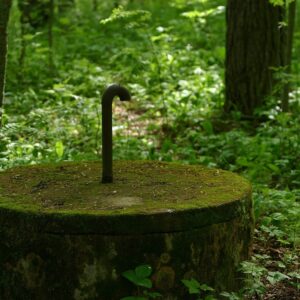Septic Systems
An improperly designed, located, constructed or maintained septic system can allow bacteria, viruses, household chemicals, and other contaminants into the groundwater, creating the potential for serious human illness.
Contact Us
Overview
Spokane Regional Health District’s (SRHD) Liquid Waste program works with homeowners, businesses and contractors to ensure that on-site sewage disposal (septic) systems are properly designed and installed. This includes confirming compliance with regulations through permitting and inspections of on-site sewage systems for single-family homes, small businesses, and apartment buildings that use less than 3,500 gallons of water per day.
Proper septic system design and installation helps prevent public exposure to sewage and protects groundwater and surface waters in the region. If untreated sewage enters the groundwater, area wells could become contaminated, creating a health hazard with the potential to cause many human diseases. Similarly, sewage allowed to contaminate nearby streams or water bodies can harm aquatic life and jeopardize recreational swimming areas.
As-Built or Record Drawing Requests
To request a copy of an as-built or record drawing, please email asbuiltrequest@srhd.org or call 509.324.1546. Please note, this is an automated phone line. Please be prepared to provide the parcel number and address.
Partnerships and Funding
The Liquid Waste program is funded primarily by application and permit fees. The program conducts its work in partnership with other agencies including the Washington State Department of Health, Washington State Department of Ecology, and local building and planning departments.
If you are looking for assistance with funding for your on-site sewage disposal system please contact the Washington State Department of Ecology or the Spokane Conservation District to see if you are eligible.
Note
The Liquid Waste program permits and inspects on-site sewage systems using less than 3,500 gallons of water per day. Washington State Department of Health and Washington Department of Ecology enforce regulations for larger sewage systems and those systems that treat industrial wastewater.
Resources

Drinking Water (Private Wells)
SRHD inspects a portion of new water wells constructed in Spokane County to ensure they meet construction standards as well as all decommissioned water wells in the county.

